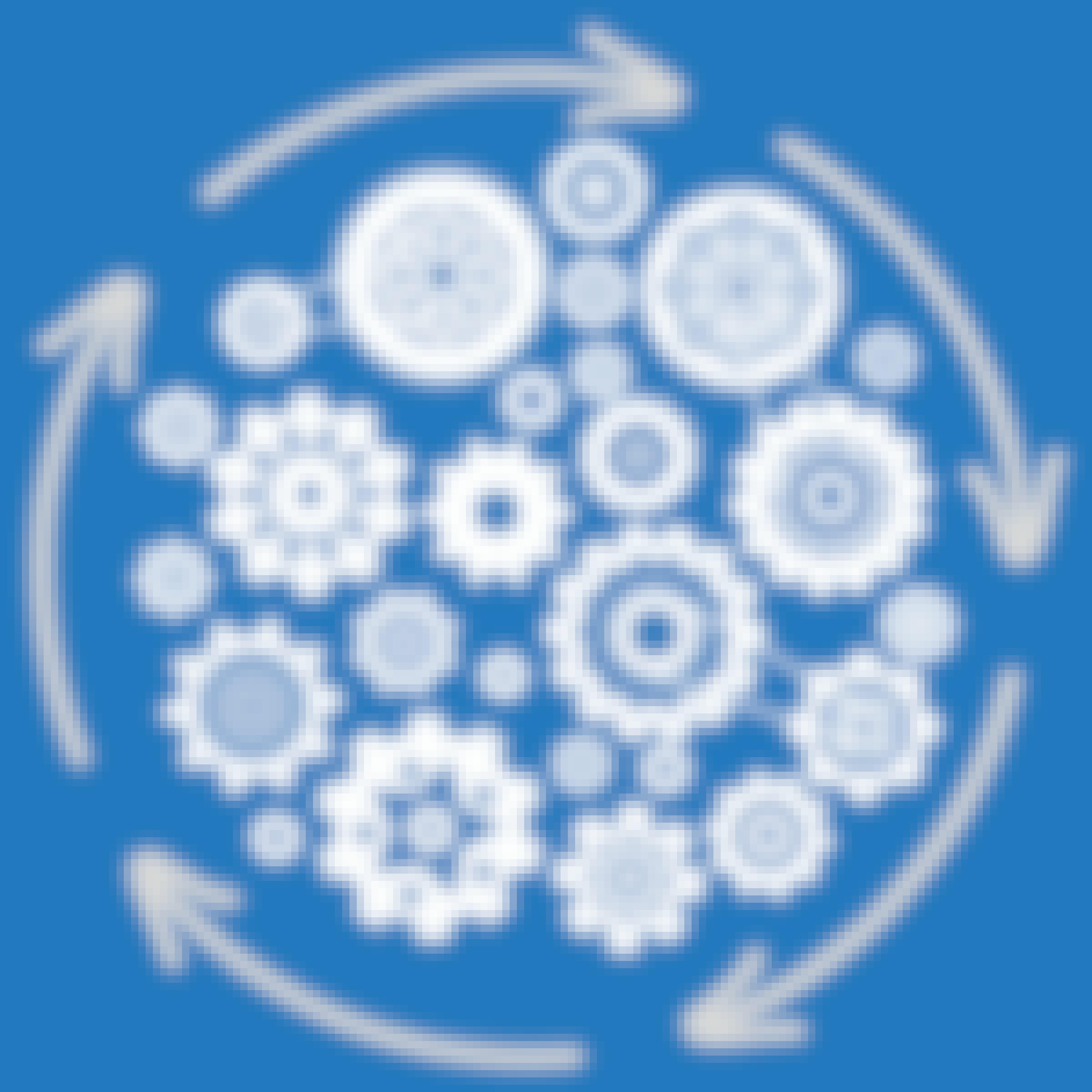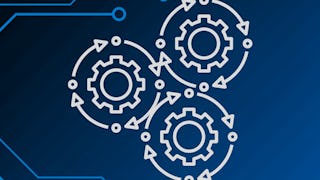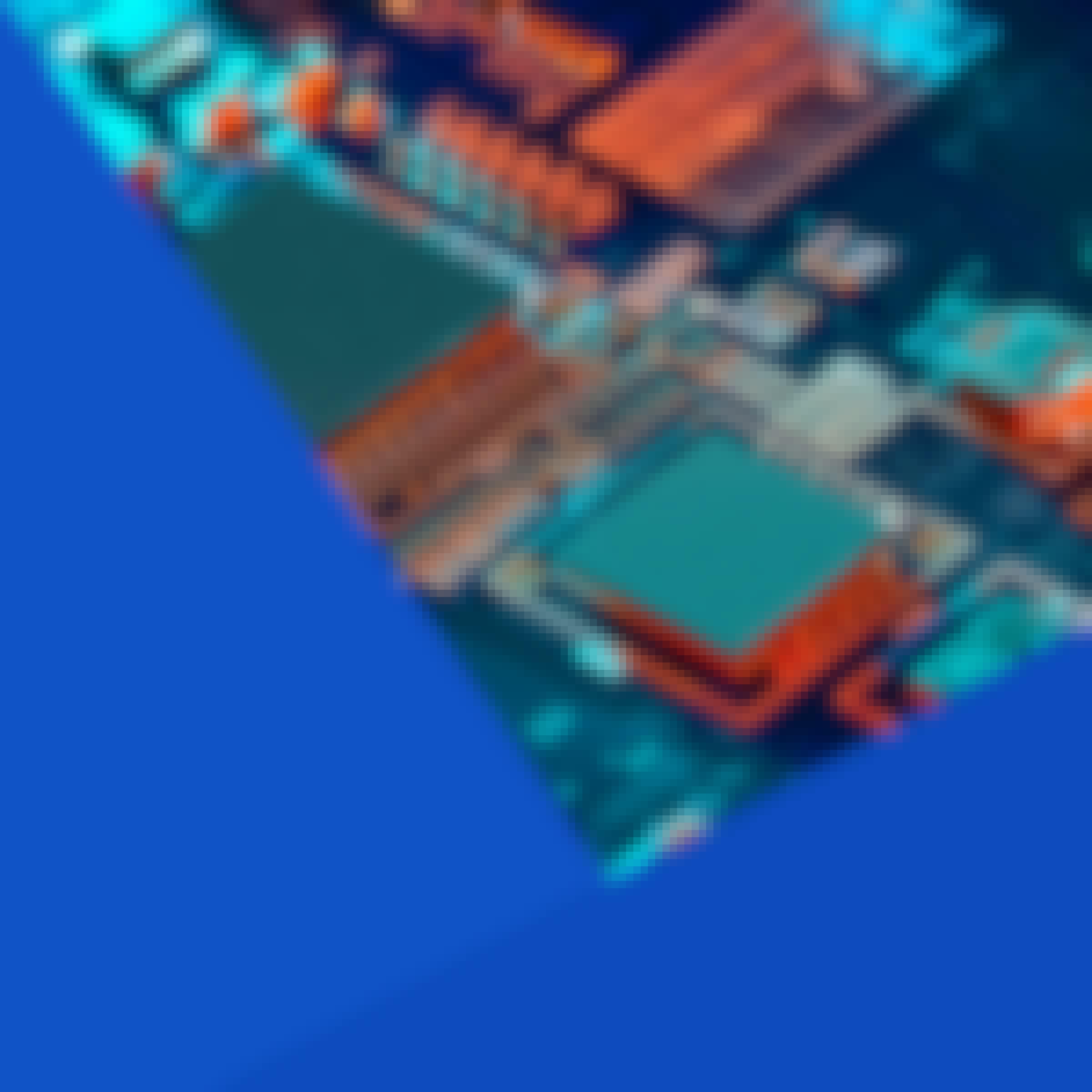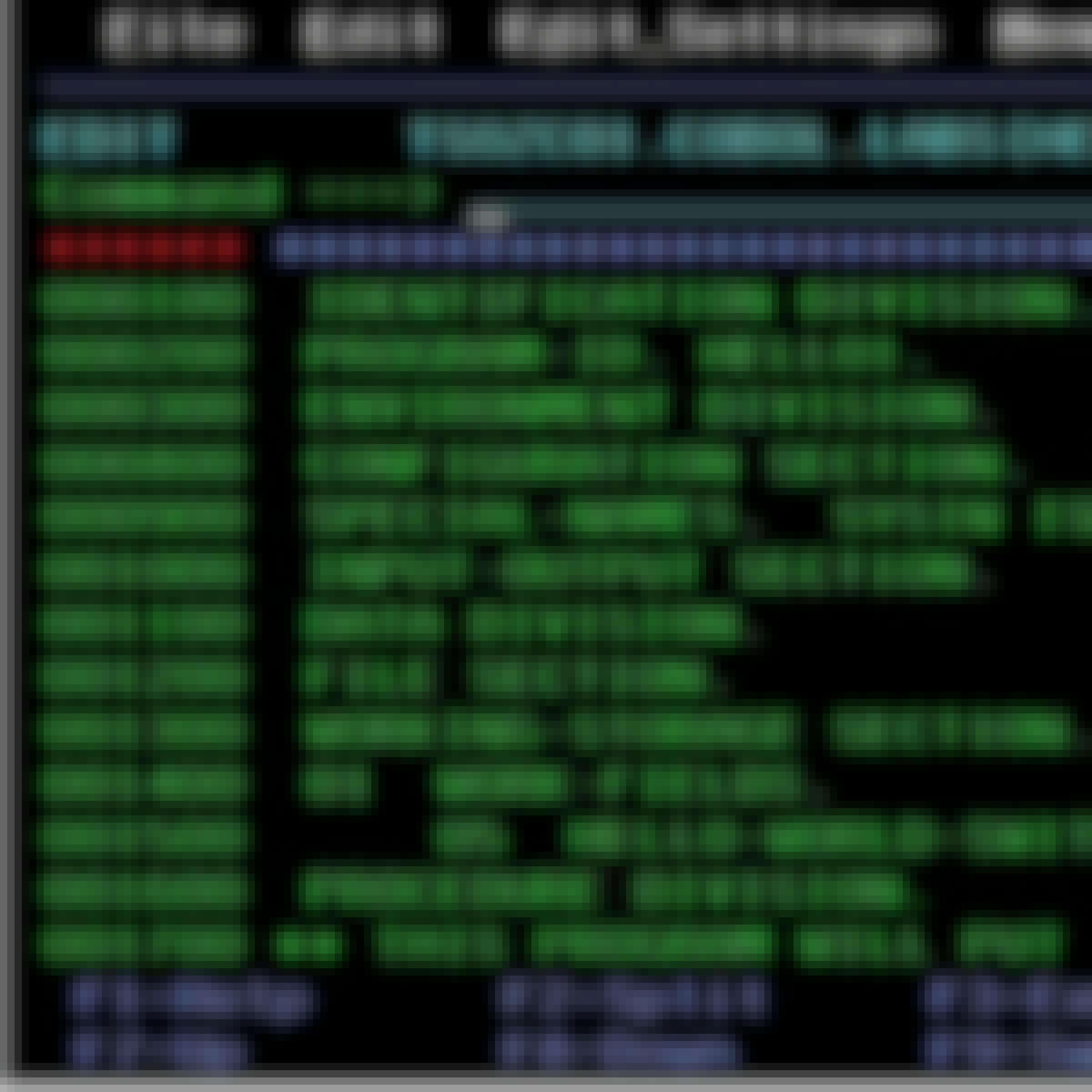Filter by
SubjectRequired
LanguageRequired
The language used throughout the course, in both instruction and assessments.
Learning ProductRequired
LevelRequired
DurationRequired
SkillsRequired
SubtitlesRequired
EducatorRequired
Explore the Computational Linguistics Course Catalog
 Status: Free Trial
Status: Free TrialDuke University
Skills you'll gain: Large Language Modeling, Generative AI, Natural Language Processing, PyTorch (Machine Learning Library), Open Source Technology, Tensorflow, Artificial Intelligence and Machine Learning (AI/ML), Containerization, Application Deployment, Application Programming Interface (API), Command-Line Interface

Birla Institute of Technology & Science, Pilani
Skills you'll gain: Programming Principles, C (Programming Language), Computer Hardware, Computer Programming, Computer Architecture, Computational Thinking, Data Structures, Algorithms, File Management, Operating Systems, Program Development, Debugging
 Status: Free Trial
Status: Free TrialUniversity of California San Diego
Skills you'll gain: Bioinformatics, Molecular Biology, Algorithms, Computational Thinking, Computer Programming Tools, Biology
 Status: Free
Status: FreeÉcole normale supérieure
Skills you'll gain: Theoretical Computer Science, Combinatorics, Algorithms, Graph Theory, Computational Thinking, Operations Research, Linear Algebra, Mathematical Modeling, Solution Design, Probability
 Status: Free Trial
Status: Free TrialDuke University
Skills you'll gain: Large Language Modeling, Generative AI, Rust (Programming Language), MLOps (Machine Learning Operations), PyTorch (Machine Learning Library), CI/CD, Applied Machine Learning, Application Deployment, System Monitoring, Cloud Development, Natural Language Processing, DevOps, Amazon Web Services, Deep Learning, Cloud Security
 Status: Free Trial
Status: Free TrialColumbia University
Skills you'll gain: Regression Analysis, Derivatives, Financial Market, Statistical Methods, Financial Modeling, Securities (Finance), Mathematical Modeling, Numerical Analysis, Equities, Financial Data, Python Programming, Probability Distribution, Algorithms

Pontificia Universidad Católica de Chile
Skills you'll gain: Field-Programmable Gate Array (FPGA), Hardware Design, Computational Logic, Application Specific Integrated Circuits, Computer-Aided Design, Electronic Hardware, Electrical Engineering, Electronic Systems, Electronics, Semiconductors, Electronic Components, Computer Architecture, Programming Principles, Engineering Design Process, Embedded Systems, Schematic Diagrams, Simulation and Simulation Software
 Status: Free Trial
Status: Free TrialSkills you'll gain: COBOL (Programming Language), Editing, Mainframe Computing, Business Logic, Programming Principles, Data Structures, Computational Logic, Data Storage, Debugging, Procedure Development, Program Implementation

The University of Melbourne
Skills you'll gain: Mathematical Modeling, Graph Theory, Decision Support Systems, Computational Thinking, Network Model, Data Modeling, Data Structures

University of Leeds
Skills you'll gain: Programming Principles, Computational Logic, Python Programming, Computer Programming, Automation, Web Development, Algorithms, Computational Thinking, Debugging
 Status: Free Trial
Status: Free TrialUniversity of California, Davis
Skills you'll gain: Simulations, Social Sciences, Systems Thinking, Agentic systems, Network Analysis, Computational Thinking, Sociology, Economics, Artificial Intelligence and Machine Learning (AI/ML), Computer Programming
 Status: Free Trial
Status: Free TrialUniversity of Colorado System
Skills you'll gain: Computational Thinking, Data Collection, Microsoft Visual Studio, Program Development, C (Programming Language), Programming Principles, Algorithms, Development Environment, Computer Programming, Data Structures, Debugging
Computational Linguistics learners also search
In summary, here are 10 of our most popular computational linguistics courses
- Open Source LLMOps Solutions: Duke University
- Introduction to Programming: Birla Institute of Technology & Science, Pilani
- Comparing Genes, Proteins, and Genomes (Bioinformatics III): University of California San Diego
- Approximation Algorithms Part I: École normale supérieure
- Rust for Large Language Model Operations (LLMOps): Duke University
- Computational Methods in Pricing and Model Calibration: Columbia University
- Electrónica Digital Bit a Bit: Fundamentos, Verilog y FPGA: Pontificia Universidad Católica de Chile
- IBM COBOL Basics: IBM
- Basic Modeling for Discrete Optimization: The University of Melbourne
- An Introduction to Programming using Python: University of Leeds










